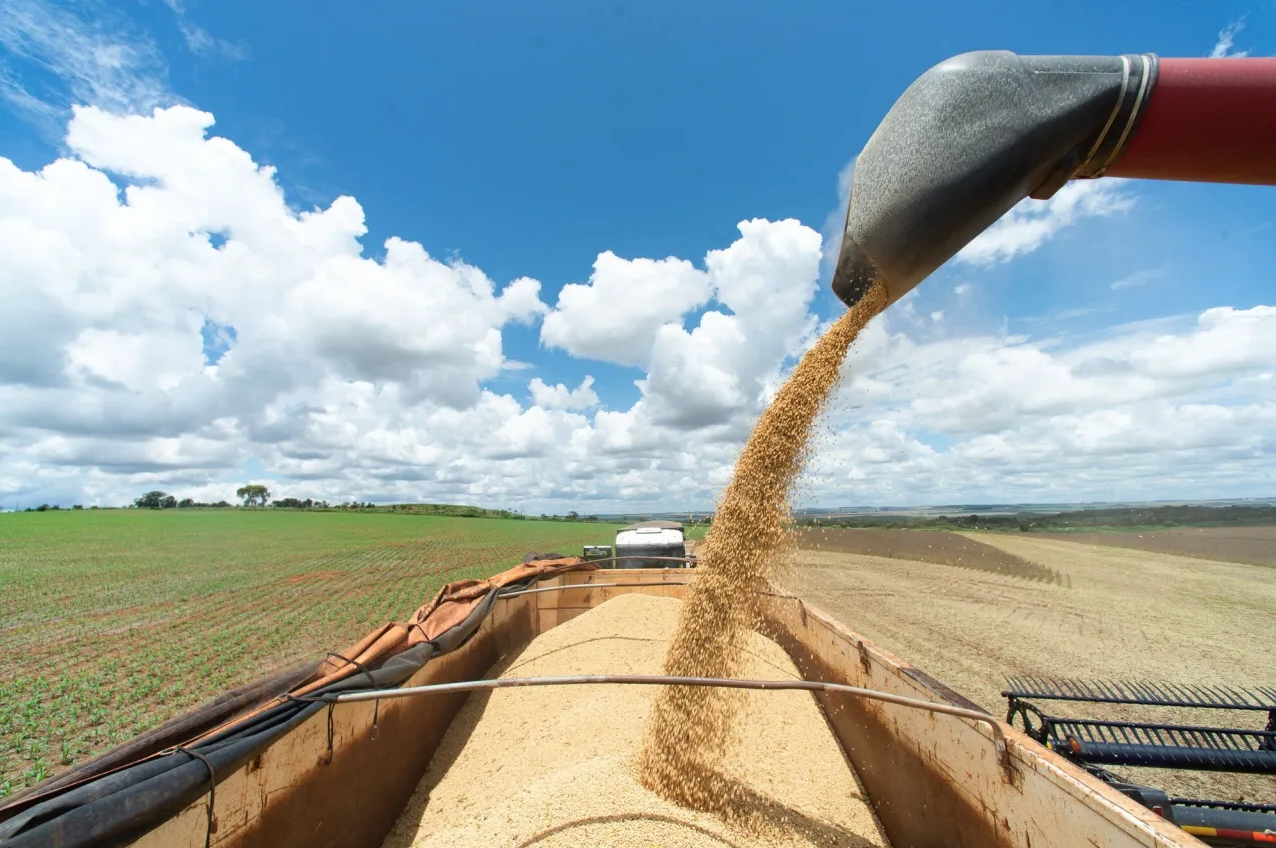A surprise tax change in agriculture powerhouse Brazil is disrupting business and drawing the ire of groups representing some of the world’s top crop traders including Cargill Inc. and Bunge Global SA.
Companies including Archer-Daniels-Midland Co. and Amaggi Importacao e Exportacao Ltda withdrew new offers for commodities such as soybeans and corn, according to people familiar with the matter, who asked not to be identified because the information is private. Traders were taken by surprise and need more clarity on the new policy, which limits the ability of some companies to monetize tax credits, the people said.
The provisional measure, signed by President Luiz Inacio Lula da Silva on Tuesday, threatens to raise costs for commodity exporters and processors in the world’s largest supplier of everything from soybeans to sugar and beef. If approved by Congress, it would be another blow for the troubled relationship between Lula and the agribusiness sector at a time when his approval rates are eroding.
Abiove, an industry group that represents major crop merchants including the storied ABCDs — an acronym for ADM, Bunge, Cargill and Louis Dreyfus Co. — said the decision is “disrespectful” and would slash profits for soybean processors. Crushers would need to pay $12 per metric ton less for their soy to keep current margins, according to Andre Nassar, who heads the Sao Paulo-based group.
Unica, the lobby for sugar and ethanol producers including Raizen SA, said the measure will erode cash flow for companies and increase their debt. ABPA and Abiec, which count meat giants JBS SA and BRF SA among members, said the initiative violates World Trade Organization rules as it amounts to a tax on exports.
The agribusiness sector, Brazil’s fastest growing, is more impacted than others by the new restrictions — part of Finance Minister Fernando Haddad’s efforts to shore up the country’s budget. That’s because of existing rules that already make it harder for food processors and exporters to use tax credits.
Still, industries including energy will also be harmed. Total losses across different sectors are forecast at 29.2 billion reais ($5.6-billion) this year, according to the Brazilian National Confederation of Industry. The impact could double in 2025, the group said.
The measure may struggle to pass. Nearly two dozen industry caucuses are asking Lower House Speaker Arthur Lira and Senate President Rodrigo Pacheco to reject the rule, which has immediate effect for 120 days.
Stay informed with The Namibian – your source for credible journalism. Get in-depth reporting and opinions for
only N$85 a month. Invest in journalism, invest in democracy –
Subscribe Now!








